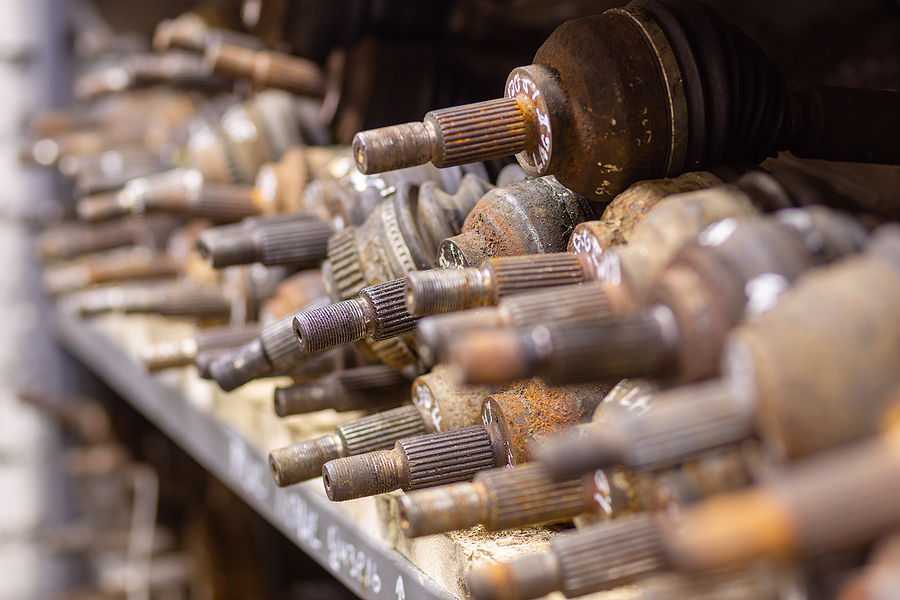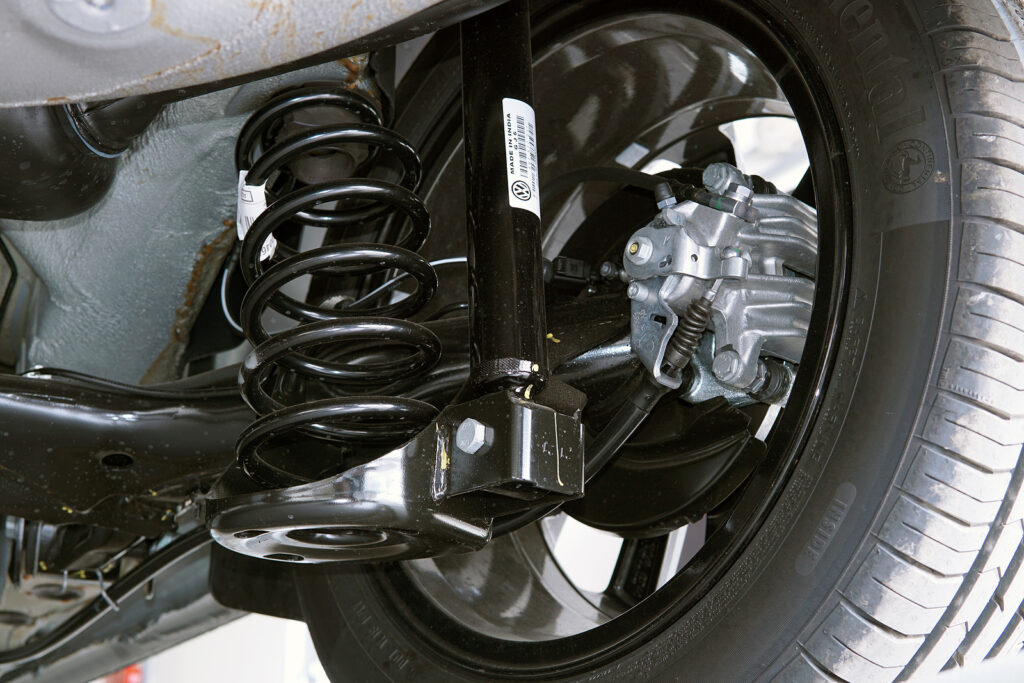Are you looking to save money while still getting quality auto parts? Shopping at an auto salvage yard can be a great way to get the used car parts you need without breaking the bank. Not only are these parts often cheaper than buying new, but they also come with other benefits that make them a much smarter choice for many drivers.
At an auto salvage yard, you’ll find all sorts of used car parts from different makes and models. Whether you’re looking for engines, transmissions, or anything else under the hood, there’s sure to be something in a salvage yard that fits your needs. And since these yards specialize in taking apart cars and selling their components separately, chances are good that what you’re looking for is already available somewhere nearby.
In this blog post, we’ll discuss some of the major advantages of buying used car parts from an auto salvage yard over purchasing new ones from traditional retailers. We’ll look at why it’s both more cost effective and environmentally friendly; how shopping around can help ensure quality; and tips on finding reputable dealers near you who offer warranties on their products. So, let’s dive right in!

Salvage Yard Car Parts are Cheaper
Firstly, buying used car parts from a salvage yard can save you quite a bit of money in comparison to purchasing brand new components. Since these parts are usually pulled from damaged or recently retired vehicles, they may be available at steep discounts. This means that you could find the same parts that would cost thousands of dollars new for only a fraction of the cost at a salvage yard.
Environmentally Conscious
In addition to saving money, buying used parts from a salvage yard is also an environmentally friendly choice. By keeping these components out of landfills and recycling them instead, you can help reduce waste and conserve natural resources. This makes it not only financially beneficial, but also beneficial for the planet.
Tips on Buying Used Auto Parts at a Scrap Yard
When purchasing used car parts from a salvage yard, it’s important to shop around and compare prices. This will ensure that you don’t pay too much for a component and also allow you to check for quality. Make sure to inspect any used parts before buying them and only purchase from reputable dealers who can offer warranties on their products.
Finally, if you’re ever unsure about a used car part you’ve purchased from an auto salvage yard, take it to a qualified mechanic or technician for inspection before installing it in your vehicle. This will help ensure that the part is safe and functioning properly so that you don’t have any surprises down the road.
Need Used Auto Parts in Indianapolis?
Now that you know some of the advantages and tips for buying used car parts from an auto salvage yard, it’s time to start shopping around and finding the best deals! With these money-saving benefits, you can be sure that you’ll save a lot on your next repair or upgrade without sacrificing quality. Just be sure to choose a reputable Indianapolis auto salvage business for top quality used auto parts.
Are you searching for an experienced junk car buying company who will give you cash on the spot for your old and damaged vehicle? Look no further! Contact us at 317-450-3721 to request your free over-the-phone quote for Indianapolis cash for junk car parts, today! We offer free junk car removal, too!
Related Posts:
Top Three Car Parts Bought By Auto Salvage Yards
Recycle These Highly Valuable Auto Parts for a Cash Payout
How Much is an Old Catalytic Converter Worth?

